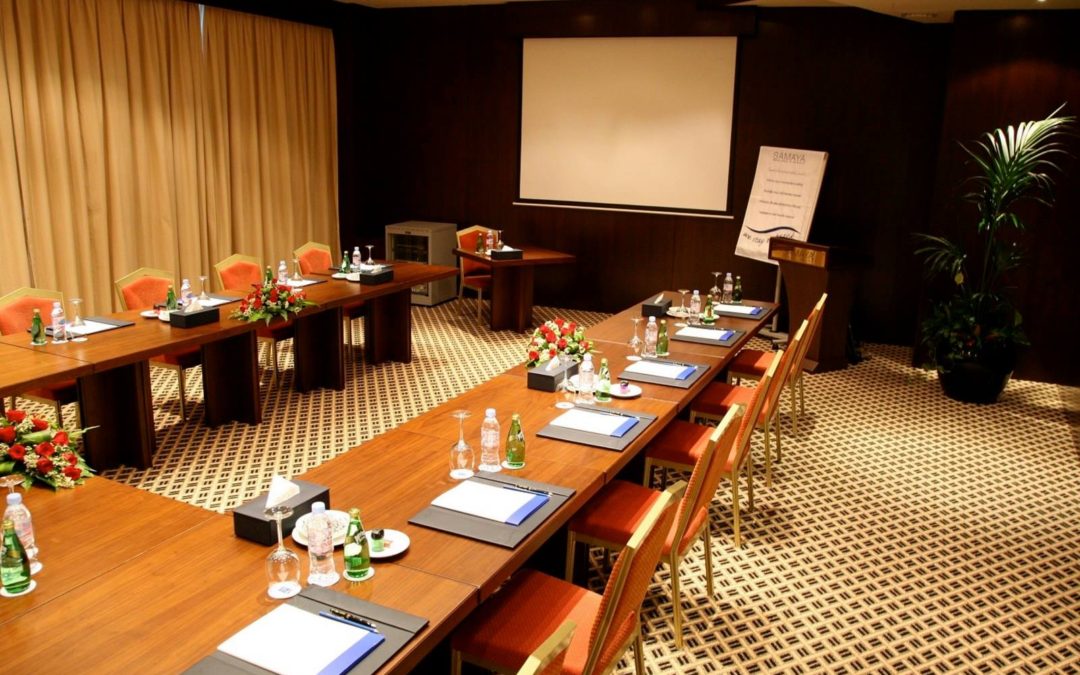You’ve worked out how to find insurance for CMVs, you’ve learned about hours of service, and you’ve got your new truck booked in for routine maintenance… and now you’ve discovered DOT safety. What exactly is it and why should you care?
[Mike England] DOT Seminars: Why You Need To Go?
Because the FMCSRs are hard to understand you should attend a DOT Seminar!
And not just ANY DOT Seminar – most people just memorize a bunch of words, right out of the regulation, and they recite those words. I recommend attending DOT Compliance Help Inc. seminars for all newly assigned members of management.
Let me answer the question this way:
A motor carrier must do a very small number of things:
#1 Buy or lease some trucks (or sign on some owner-operators)
#2 Hire some drivers (or sign on O/Os)
#3 Obtain and retain some customers, by meeting their expectations.
#4 Bring enough cash in to pay the fuel bill, the rent, drivers and mgt. payroll and salary, and the insurance premiums, and finally
#5 You have to comply, to some extent, with the Federal Motor Carrier Safety Regulations. (FMCSRs).
What most new motor carriers do is to assign # 5 to the least-well-qualified person in the office. I’ve even seen a company with 22 trucks and 5 members of management, and the job of safety compliance was assigned to the receptionist as an extra duty. Of course, the receptionist had no training or experience in DOT compliance.
So, what SHOULD you do? Well, you can hire an experienced person to take care of DOT Compliance. These people are temperamental, hard to find, harder to keep around, and they are just plain damn hard to get along with. Or you can hire someone that can read and write, and send them to my seminar. We will teach them enough to get a good start, and if you cooperate with them, you have probably done enough to squeak by.
Professionals newly assigned to this important area of responsibility always come into the seminar with a deer-in-the-headlights look, thinking they have made a huge mistake, getting into this line of work. In most cases, their employer has told them they have one job, and it’s something like this: “Don’t let us mess up enough for the DOT to come in and put us out of business.” OK, how do I do that? “Read this big book and let’s talk about it – we’ll do whatever the DOT says we have to”. Fat chance.
Here is what happens next in the DOT seminar; I can see the newbies focus on each of the important concepts discussed in the overview, like when the regulations apply and who they apply to, the difference between commercial motor vehicles and CDL trucks, each visualizing what those things mean in your unique situation. Then, the best part of day #I: The introduction of the critical and acute violations and the importance of them.
The remainder of day #1, and days #2 and #3 of the DOT seminar are primarily separate solutions to each of the major areas of performance the DOT mandates. (ie Drug & alcohol testing; hours of service, maintenance, etc.) with one departure – how to succeed on road-side inspections.
The final day of the DOT seminar starts with a discussion of the compliance review process, then which policies you need to have and how to develop them, then which training topics should be addressed and how to do that. The most important part of day #4, though, is a point-by-point discussion of the list of critical and acute violations and how to avoid each of them.
Usually, out of 8 or 10 seminar attendees, there is an “Old-timer”. . . I always enjoy including them in discussions and they always bring a different perspective. When they leave, though, they always say (1) it was a good refresher, and (2) they also learned something new. Another of my favorite things is when recently retired law enforcement officers join the group. Incidentally, retired police officers or highway patrolmen make great motor carrier safety managers. They have a different way of looking at things as well.
In order to be successful in this or ANYthing worth doing, I always say you have to have an internal quality control checklist. What does that mean and how can I do it? That’s something that is covered on day #1 of the DOT seminar training and referred to throughout the DOT seminar. What is this SMS scoring all about? Ditto. Everyone starts out thinking they are completely unique and that everyone else in the seminar will have different specific concerns. But, within the first day and a half, I see people looking around in the realization that, no matter what type of commercial motor vehicles you use or what type of cargo you transport, you have a lot of things in common with the others who have been assigned this task. I particularly enjoy it when I see people exchanging cards. I’ve heard stores of these people staying in touch over the years, and it’s quite gratifying.
So, hire good drivers, manage them properly, and send your safety manager to a DOT seminar. And, when you can, send the entire management team to the DOT seminar. We look forward to seeing the whole staff. The seminar is a 4-day process, and you will probably get the most out of it if you can do it all at once, but some people can’t get away for 4 days in a row. So, we have organized it in a way that you can take the first two days, then a few months later the other two days.
We look forward to seeing you in a DOT seminar soon.
–Mike England, President, DOT Compliance Help, Inc. 847-836-6063

